Djebar Assia - The long space : transnationalism and postcolonial form
Here you can read online Djebar Assia - The long space : transnationalism and postcolonial form full text of the book (entire story) in english for free. Download pdf and epub, get meaning, cover and reviews about this ebook. City: Stanford, Calif, year: 2010, publisher: Stanford University Press, genre: Politics. Description of the work, (preface) as well as reviews are available. Best literature library LitArk.com created for fans of good reading and offers a wide selection of genres:
Romance novel
Science fiction
Adventure
Detective
Science
History
Home and family
Prose
Art
Politics
Computer
Non-fiction
Religion
Business
Children
Humor
Choose a favorite category and find really read worthwhile books. Enjoy immersion in the world of imagination, feel the emotions of the characters or learn something new for yourself, make an fascinating discovery.
- Book:The long space : transnationalism and postcolonial form
- Author:
- Publisher:Stanford University Press
- Genre:
- Year:2010
- City:Stanford, Calif
- Rating:3 / 5
- Favourites:Add to favourites
- Your mark:
- 60
- 1
- 2
- 3
- 4
- 5
The long space : transnationalism and postcolonial form: summary, description and annotation
We offer to read an annotation, description, summary or preface (depends on what the author of the book "The long space : transnationalism and postcolonial form" wrote himself). If you haven't found the necessary information about the book — write in the comments, we will try to find it.
Djebar Assia: author's other books
Who wrote The long space : transnationalism and postcolonial form? Find out the surname, the name of the author of the book and a list of all author's works by series.
The long space : transnationalism and postcolonial form — read online for free the complete book (whole text) full work
Below is the text of the book, divided by pages. System saving the place of the last page read, allows you to conveniently read the book "The long space : transnationalism and postcolonial form" online for free, without having to search again every time where you left off. Put a bookmark, and you can go to the page where you finished reading at any time.
Font size:
Interval:
Bookmark:
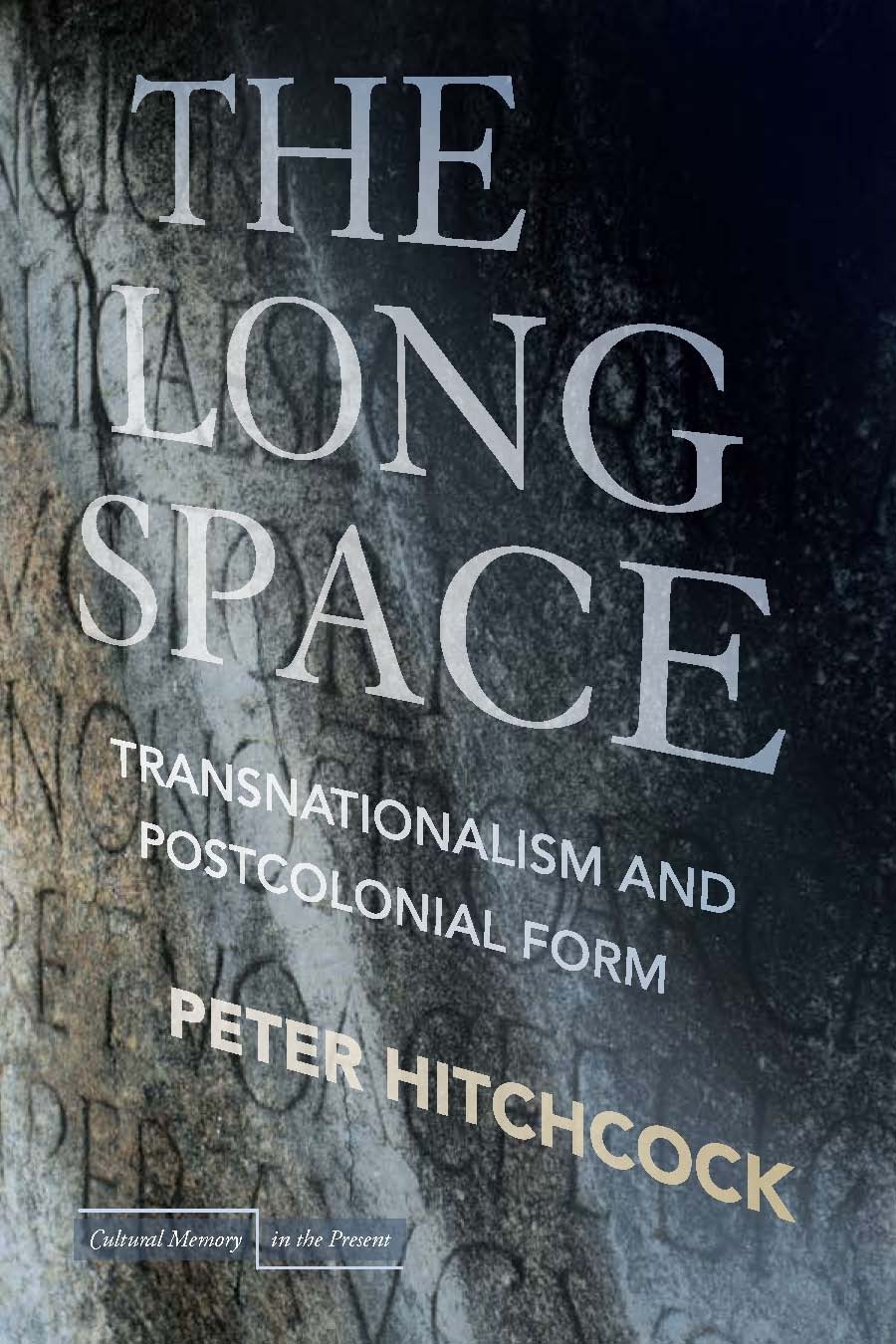
This book began several years ago as a means to understand how postcolonial writing might be thought differently within world literature (and, indeed, how world literature itself would be changed in that relation). I never thought at the time that the Long Space as a concept of duration could affect the work of writing the book itself. This extensive engagement has been a lesson for many. First, I would like to thank Emily Apter, who gave me initial encouragement for the idea and the project it precipitated. I am grateful to the Professional Staff Congress at the City University of New York (PSC-CUNY), whose research grants allowed me to work in London, Paris, Cape Town, and Jakarta. I thank Nuruddin Farah for an extraordinary conversation with him in Cape Town, as well as another author and friend, Margie Orford, for helping to facilitate the event. Various conferences and universities hosted talks on aspects of the Long Space. In particular, I would like to thank the organizers of the South and Southeast Asian Association for the Study of Culture and Religion (SSEASR) for letting me speak on Pramoedya in Bangkok, the American Comparative Literature Association (ACLA) for the chance to discuss the world as concept in Puebla, and the Museum Moderner Kunst (MUMOK) in Vienna for the keynote I was afforded on the postcolonial chronotope. I have also given lectures at Columbia University, Johns Hopkins University, New York University, the University of Sheffield, and the University of Cape Town on key elements of this research. Thank you all.
Chris GoGwilt has been an important inspiration on the work of Pramoedya, as well as Max Lane, who translated the Buru Quartet. I have not followed all of their advice, but I do hope my efforts here might further the conversation. Hena Maes-Jelinek, whose work on Wilson Harris is exemplary, provided me with important information and answered my querieshowever far off the beaten track. Clarisse Zimra and Anne Donadey offered expertise and comment on Djebar, while conversations with Gayatri Chakravorty Spivak elicited clarification on the vexed concept of worlding. I thank my students, of course, for usefully questioning every concept at work in my text.
Mieke Bal has given strong support for this project, and I also thank the folks over at Stanford University Press, in particular Emily-Jane Cohen, Sarah Crane Newman, Mariana Raykov, and Elizabeth Forsaith. Thanks, too, to Meechal Hoffman for assistance with the index. This has not been an easy text to write or edit, but I appreciate all of the help I have had in these otherwise lonely processes. That acknowledgment, of course, includes friends and colleagues who, whether living, liminal, or lost, still inspire the words I write and include: Robert Barsky, Tim Brennan, Keya Ganguly, Lawrence Haddad, Isabelle Lorenz, Eric Mendelsohn, Jenny Sharpe, Neil Smith, Larry Venuti, and the inimitable Marco Esposito, il miglior fabbro.
This book is dedicated to my brother, David, whose untimely death is a constant reminder that my literary understanding of duration is not the equivalent of personal experience or necessarily a window on the fleeting ticktock of time called life. My only hope is that the analysis I provide might lend greater substance to the meaning of duration so no life is wasted by its elision.
Finally, I would like to offer a bow to my wonderful family: to my mother, whose lessons in persistence put mine to shame; to my kids, Molly and Sam, who persist in more ways than I dare to list; and to the love of my life, Amy, who always finds a way to live with these texts while eloquently shaping her own. If this book sometimes challenges me to remember the one I imagined, it is yet ready to come into this world; so, as Djebar would put it, Enfantement!
Jalan Raya Pos ( De Groote Postweg ) [ The Great Post Road ], dir. Bernie Ijdis (The Netherlands: Pieter van Huystee Films, 1996). Although the camera work and editing in this documentary are rudimentary, in general the pacing and use of silence (principally Pramoedyas) are strongly evocative of Pramoedyas situation at the timea period in which Suhartos rule, though waning, hangs over Pramoedyas sense of narration. Just prior to the sequence described, Pramoedya refers directly to his problems with writers block (the phrase in Bahasa Indonesia is in English) and the scene ends with a close-up of the fire I describe. As a whole the film interweaves biographical moments of this kind with a pointed voice-over by Pramoedya that ponders the colonial and postcolonial meanings of the Great Post Road itself. I would like to thank Chris GoGwilt of Fordham University for initially bringing this film to my attention.
This phrase, earthly world, appears in the title of Auerbachs 1928 monograph, Dante als Dichter der irdischen Welt ; but as Edward Said notes in his introduction to a new edition of Mimesis , the phrase is rendered as secular world in Manheims 1961 translation. The use of secular is not unfounded but de-emphasizes the materiality implied in Auerbachs reading.
Wilson Harris, Quetzalcoatl and the Smoking Mirror: Reflections on Originality and Tradition, in Wilson Harris: The Unfinished Genesis of the Imagination , ed. Andrew Bundy (London/New York: Routledge, 1999) p. 194.
See Fredric Jameson, The End of Temporality, Critical Inquiry 29 (summer 2003): 695718. Jameson suggests that modernism begins in the interstices of two temporalities, the time lived between agricultural and urban lifea comparatist conception of deep time (699) unavailable, and therefore symptomatic, of a certain postmodern flatness or inability in depth perception. I would not claim that the long space replays this paradigm of comparative temporality, yet it is striking that the extended form of postcolonial writing addresses precisely the conflict of perception wrought by the conventions of the colonial episteme.
Jameson, The End of Temporality, 700. It has to be said that, despite Jamesons claims to the contrary, this position exists as a statement rather than as a fully engaged explanation both in this essay and in other instances where the Third World or the decolonizing South are addressed.
Mikhail Bakhtin, Forms of Time and of the Chronotope in The Novel, in Mikhail Bakhtin, The Dialogic Imagination , ed. Michael Holquist, trans. Caryl Emerson and Michael Holquist (Austin: University of Texas Press, 1981), p. 250. Bakhtins point appears in his Concluding Remarks written in 1973, some thirtyfive years after the initial theorization in the essay itself.
In part this is a Bakhtinian insistence on being as always already co-being and, significantly, as the process of the event of being. Sobytie can simply be event in Russian, but for Bakhtin it was ineluctably linked to being itself as an event. Bakhtin will stress the uniqueness of event as that which grants being its distinctiveness, but I tend to maintain the everyday use within the philosophical principle so that eventness accentuates event as being-in-the-world. This is an event, therefore, not just of philosophical substance, but of the coordinates of co-being as time and space. Postcolonial being as event thickens in the apprehension of its chronotopes with the caveat that the aim is not the assumption of being but an understanding of the processes by which it may be subsumed, overreached.
See Henri Lefebvre, The Production of Space , trans. Donald Nicholson-Smith (London: Blackwell, 1991), p. 110. Although the current project is a very long way from being Lefebvrean, I am attempting, nevertheless, to connect an aesthetic process of form to the production of social space that is postcoloniality.
Font size:
Interval:
Bookmark:
Similar books «The long space : transnationalism and postcolonial form»
Look at similar books to The long space : transnationalism and postcolonial form. We have selected literature similar in name and meaning in the hope of providing readers with more options to find new, interesting, not yet read works.
Discussion, reviews of the book The long space : transnationalism and postcolonial form and just readers' own opinions. Leave your comments, write what you think about the work, its meaning or the main characters. Specify what exactly you liked and what you didn't like, and why you think so.

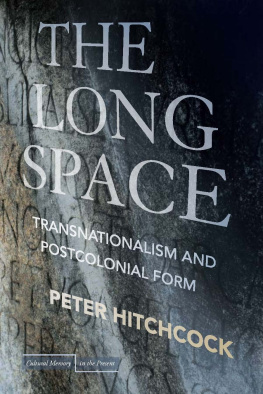

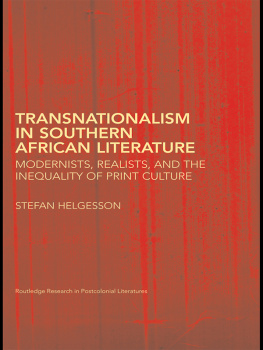
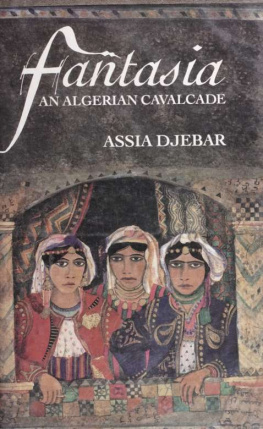
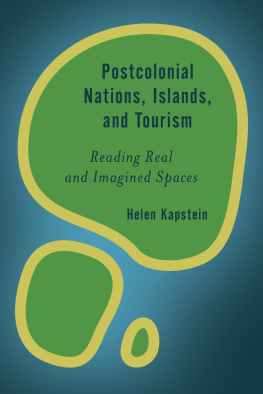

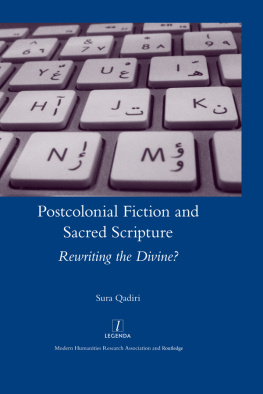
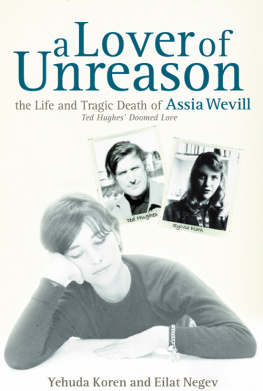
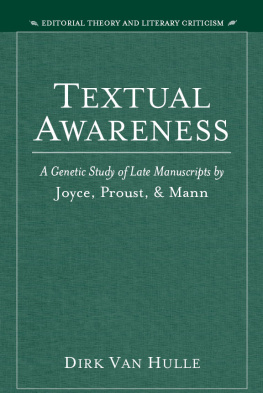

![Sophie Law [Sophie Law] - Olga’s Egg](/uploads/posts/book/141435/thumbs/sophie-law-sophie-law-olga-s-egg.jpg)